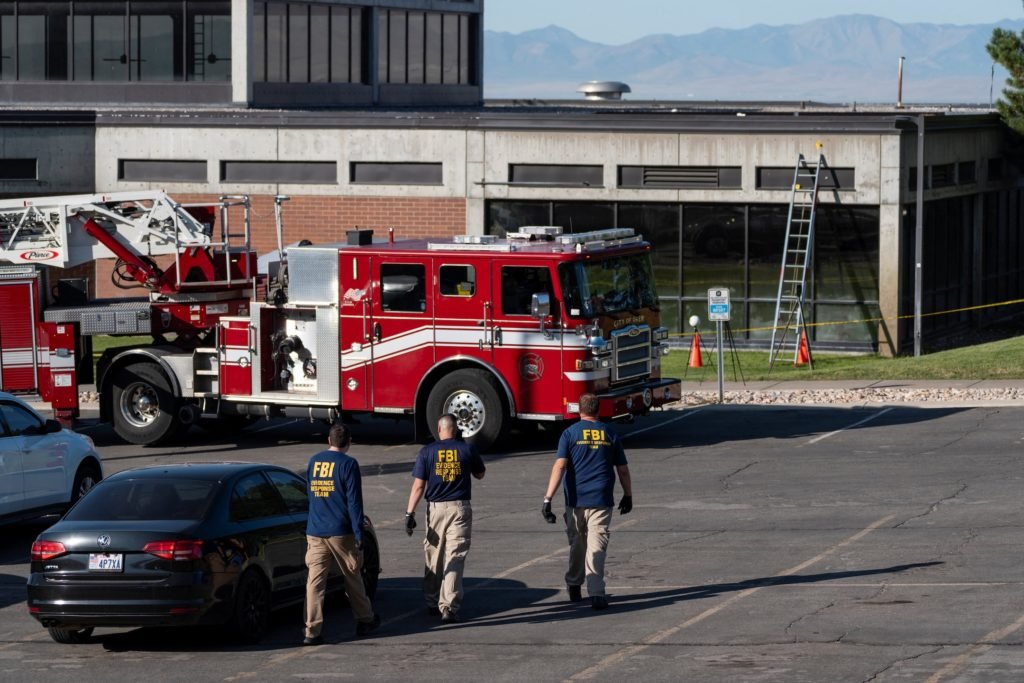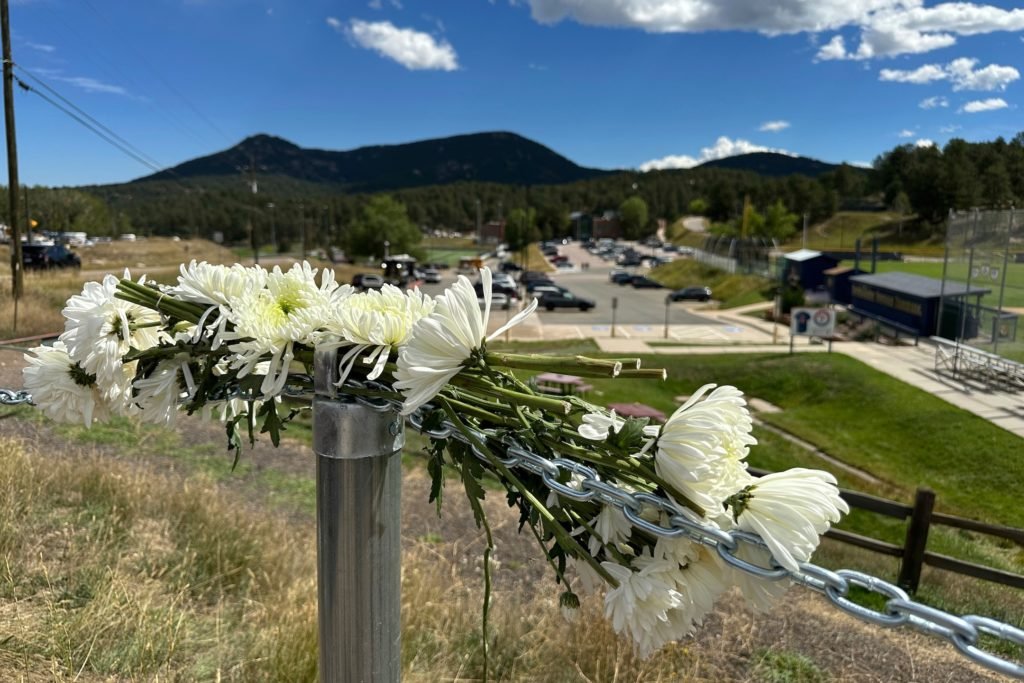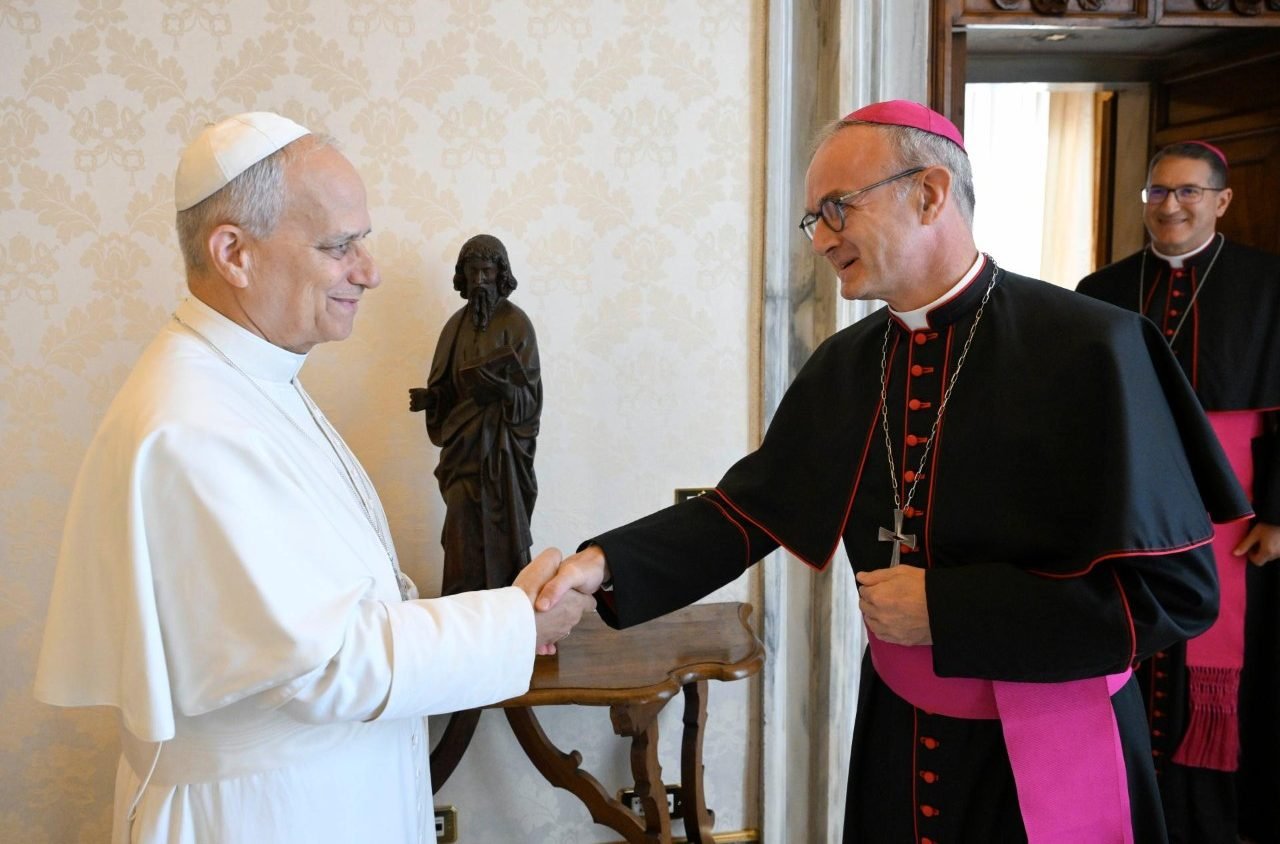Geoff Bennett:
Charlie Kirk’s killing comes amid an alarming rise in political violence across the U.S. targeting both Democrats and Republicans.
There was the killing of Minnesota Democratic lawmaker Melissa Hortman and her husband, as well as the shooting of a state senator and his wife, the firebombing of Pennsylvania Governor Josh Shapiro’s residence, the murder of two Israeli Embassy staffers at a Jewish museum in Washington, D.C., the attack on former House Speaker Nancy Pelosi’s husband, the January 6 insurrection, and two assassination attempts against President Trump.
For a deeper look at this trend and what may follow, we’re joined now by Rachel Kleinfeld, a senior fellow at the Carnegie Endowment for International Peace and an expert on democracy and political violence, as well as Jeff Sharlet, a professor at Dartmouth College who studies rising extremism.
Thank you both for being with us.
Rachel, I will start with you.
We have this horrific timeline of violence, too many examples. What feels distinct to you about this moment?
Rachel Kleinfeld, Carnegie Endowment for International Peace: So it is a different moment. I have been watching political violence rise over the last 10 years in America.
But when you target someone in this way, it leads to people pointing fingers. And that’s what we’re seeing now is folks on the right saying, here’s my litany of dead and I’m going to go after the Democrats, and people on the left saying, we are applauding this person because the murder of Charlie Kirk was the only way we felt we could get justice.
When you see that mutual finger-pointing, what you get is an escalation. You get a sense that, if the government’s not going to keep a lid on things, we’re going to take it into our own hands. And that is very bad news from an escalation standpoint.




